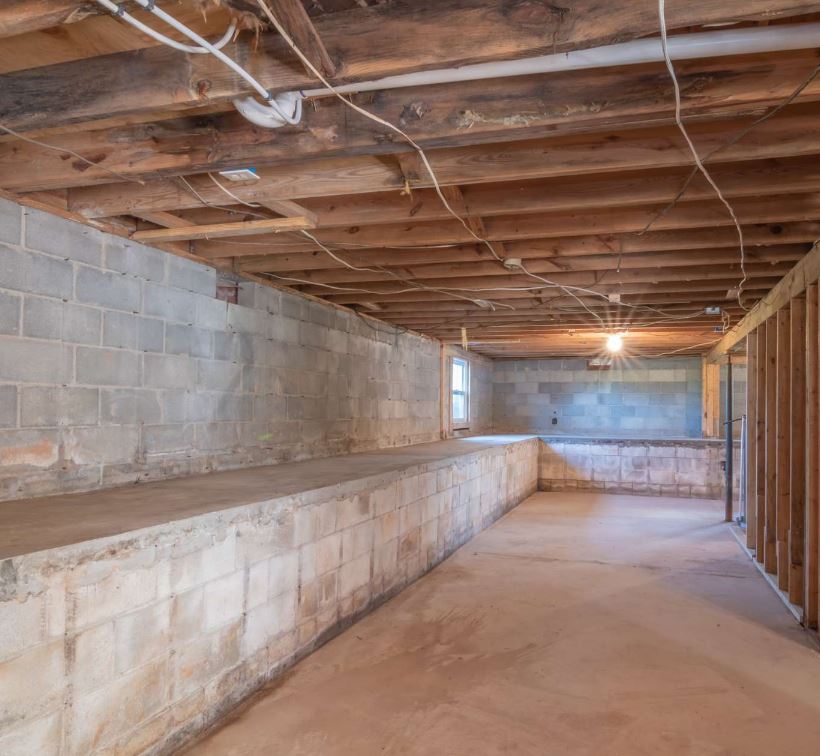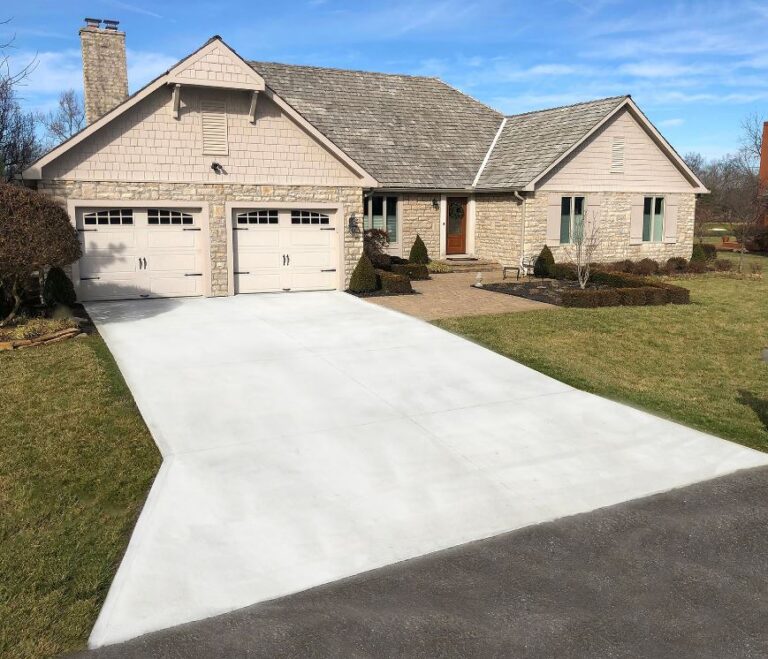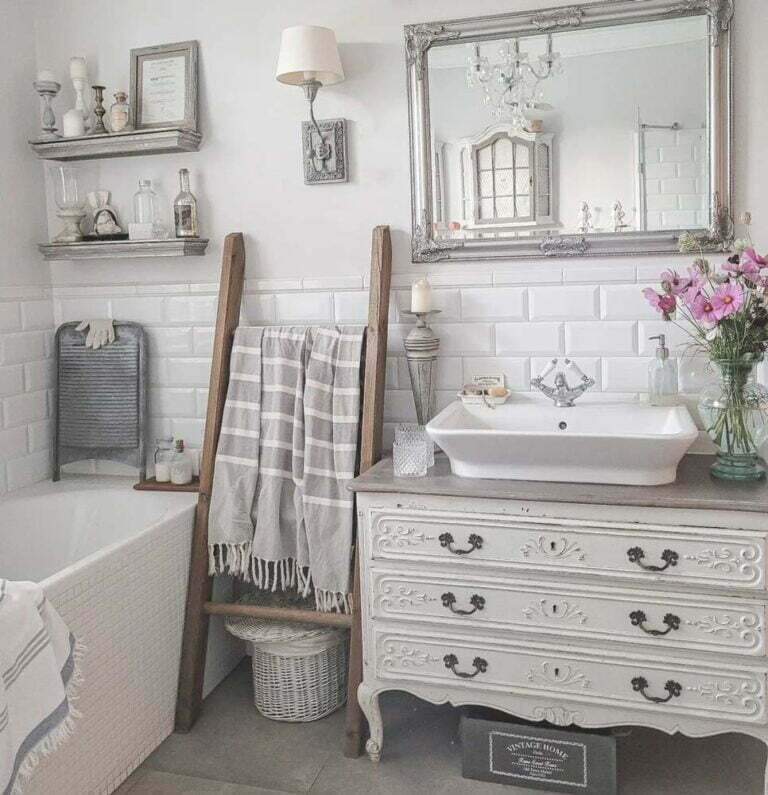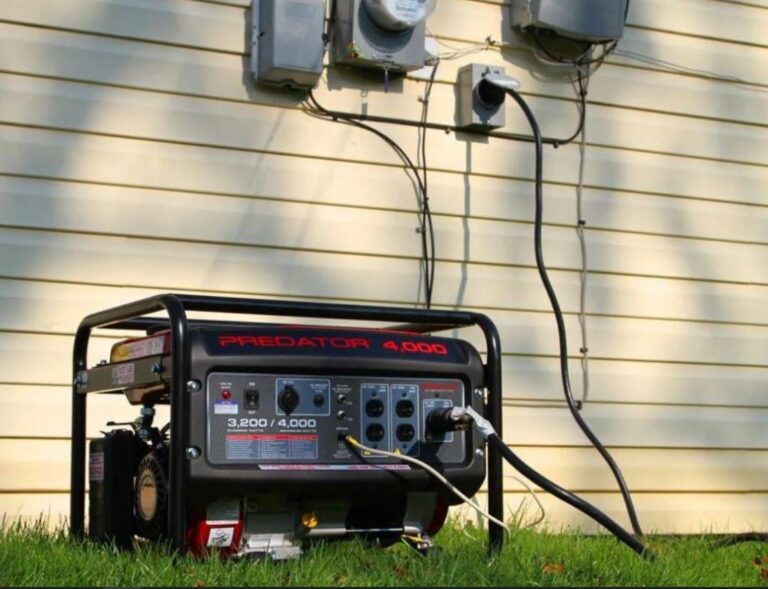Is Basement Underpinning Worth It? A Toronto Homeowner’s Guide
When it comes to homeownership in Toronto, the basement is often an underutilized space. For many, it’s a storage area, a laundry room, or even a forgotten part of the house. But what if you could transform your basement into a functional, livable space? Enter basement underpinning—a process that involves lowering the basement floor to increase ceiling height and create more usable square footage. But is it worth the investment? In this guide, we’ll explore the pros, cons, and key considerations for Toronto homeowners thinking about basement underpinning.
What is Basement Underpinning?
Basement underpinning is a structural renovation technique that strengthens the foundation of your home while simultaneously creating more space. The process involves excavating the existing basement floor and lowering it to increase ceiling height. This is typically done by extending the foundation walls deeper into the ground, providing additional support to the structure.
In Toronto, where real estate prices are among the highest in Canada, maximizing every square foot of your home can significantly increase its value. Basement underpinning is particularly popular in older homes, where low ceilings and outdated foundations limit the potential of the basement.
Why Consider Basement Underpinning?
- Increased Living Space
One of the most compelling reasons to underpin your basement is the opportunity to create additional living space. Whether you’re dreaming of a home gym, a rental suite, or a cozy family room, underpinning can make it happen. In a city like Toronto, where space is at a premium, this can be a game-changer. - Higher Property Value
A finished, functional basement can significantly boost your home’s market value. Potential buyers are often willing to pay a premium for homes with extra living space, especially in a competitive market like Toronto. - Improved Structural Integrity
Underpinning isn’t just about creating space—it’s also about strengthening your home’s foundation. If your home has an older or compromised foundation, underpinning can address structural issues and prevent future problems. - Enhanced Ceiling Height
Older homes often have basements with low ceilings, making them feel cramped and unwelcoming. Underpinning can raise the ceiling height, transforming your basement into a bright, inviting space. - Potential for Rental Income
In a city with high rental demand, a legal basement apartment can provide a steady stream of income. Underpinning is often the first step toward creating a self-contained unit that meets municipal regulations.
The Challenges of Basement Underpinning
While the benefits are clear, basement underpinning is not without its challenges. Here are some factors to consider before taking the plunge:
- Cost
Underpinning is a major renovation project that requires significant investment. In Toronto, the cost can range from 50,000to50,000to150,000 or more, depending on the size of your basement, the complexity of the project, and the materials used. It’s essential to weigh this cost against the potential return on investment. - Time
Underpinning is not a quick process. It can take several weeks or even months to complete, depending on the scope of the project. During this time, your home may be disrupted, and you may need to make alternative living arrangements. - Permits and Regulations
In Toronto, basement underpinning requires permits and must comply with building codes and zoning bylaws. This can add time and complexity to the project. Working with a reputable contractor who understands local regulations is crucial. - Structural Risks
While underpinning strengthens your foundation, it also involves significant excavation and structural changes. If not done properly, it can lead to issues like cracks, settling, or even damage to neighboring properties. Hiring an experienced professional is non-negotiable. - Unexpected Issues
Once the project begins, you may encounter unforeseen challenges, such as poor soil conditions, water infiltration, or outdated electrical and plumbing systems. These issues can increase costs and extend the timeline.
Is Basement Underpinning Worth It?
The answer depends on your goals, budget, and the condition of your home. Here are some scenarios where underpinning might be worth it:
- You Plan to Stay Long-Term
If you’re committed to staying in your home for the foreseeable future, underpinning can enhance your quality of life and provide a return on investment over time. - You Need More Space
For growing families or homeowners who need additional living space, underpinning can be a cost-effective alternative to moving. - You Want to Increase Property Value
If you’re planning to sell your home in the future, a finished basement with higher ceilings can make your property more attractive to buyers.
On the other hand, underpinning may not be worth it if:
- You’re on a Tight Budget
Underpinning is a significant financial commitment. If you’re not prepared for the cost, it may be better to explore other renovation options. - You Plan to Move Soon
If you’re not planning to stay in your home long-term, the investment may not pay off before you sell. - Your Basement Has Major Issues
If your basement has severe structural or water problems, underpinning alone may not be enough to address them. In some cases, it may be more cost-effective to consider other solutions.
Tips for Toronto Homeowners
- Do Your Research
Before starting an underpinning project, research local contractors, read reviews, and ask for references. Look for professionals with experience in Toronto’s unique housing market. - Get Multiple Quotes
Underpinning costs can vary widely, so it’s important to get quotes from several contractors. Be sure to compare not just the price but also the scope of work and timeline. - Check for Permits
Ensure that your contractor obtains all necessary permits and follows local building codes. Failure to do so can result in fines or complications down the line. - Plan for Contingencies
Set aside a contingency budget (typically 10-20% of the total cost) to cover unexpected issues that may arise during the project. - Consider the Long-Term
Think about how the additional space will be used and whether it aligns with your long-term goals. A well-planned underpinning project can provide years of enjoyment and add significant value to your home.
Final Thoughts
Basement underpinning is a major undertaking, but for many Toronto homeowners, the benefits far outweigh the challenges. By increasing living space, improving structural integrity, and boosting property value, underpinning can be a smart investment in your home’s future. However, it’s not a decision to be taken lightly. Careful planning, thorough research, and working with experienced professionals are key to ensuring a successful project.
If you’re considering basement underpinning, take the time to evaluate your goals, budget, and the condition of your home. With the right approach, you can transform your basement into a functional, valuable space that enhances your quality of life and adds to the appeal of your property. In a city like Toronto, where space is at a premium, that’s an opportunity worth exploring.







